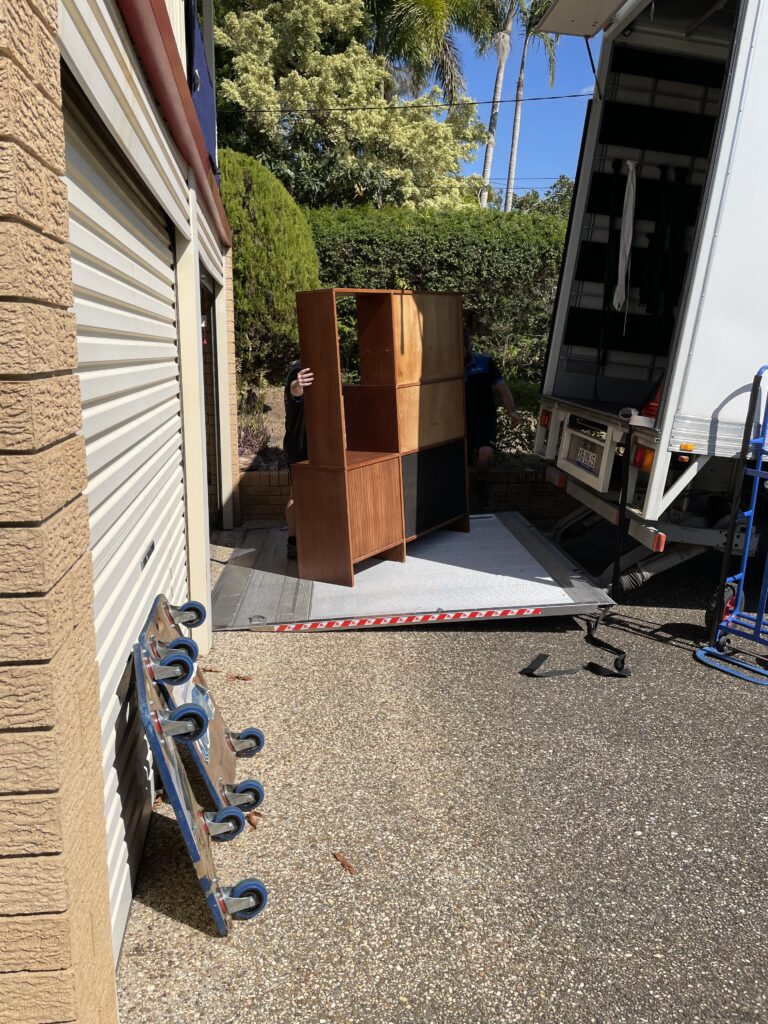My wife, Eva, and I have been transitioning from our home in a nearby suburb to the retirement village. We now also still need to sell our former home.
In making such a move, there are stresses involved — including subtle and hidden ones. The stress of moving is described by Lewis Richmond in the excerpt below — and, for the most part, has been true to our experience.
The Stress of Moving
Worry and stress go together. Worry causes stress, and stressful situations cause us to worry. Worry, because it is largely self-generated, can be managed to some extent. Stress from outside just lands in your lap like an unwelcome cat.
When I told my personal physician that we were selling our house and moving to a new town, he told me that next to the death of a spouse or close relative, moving to a new home caused the highest stress of any life event. When I added that my sister was dying, he replied, “That’s a real double whammy.”
When you are younger, moving is not a big deal; you move all the time. You move away from home to college; you move from college to your first apartment; you move to a bigger apartment or a first home, and so on.
Typically, you are so busy living your young life that you hardly notice the stress.
Amy and I thought back to the last time we moved—thirty years ago we moved from a small rental home to a larger home we had purchased—and realized that back then we were so busy at our respective jobs that we couldn’t remember much of it. We did it more or less on autopilot. We did remember that we had only a fraction of the furniture and possessions that we had now.
This time, with more time on our hands, we were acutely conscious of every aspect of the move. We knew we had to do it, we wanted to do it, and we planned what we thought were all the steps.
What we were not prepared for was the sense of uprootedness; the loss of long-established routines; the difficult discussions to keep a thing or let go of it; the physical difficulty of packing, lifting, loading, and unloading — and the toll it took on our aging bodies.
Most of all we didn’t anticipate the combined effect of all these things on our sense of composure—the drumbeat of hourly, daily stress, and the difficulty of getting a good night’s sleep.
And here I was feeling sorry for myself because, by my own choice, I was no longer living in a quiet home on a quiet street. I understood intellectually that I should be grateful. But I couldn’t help it—I was still stressed out.
I saw these inadequacies as a blow to my self-esteem. Wasn’t I a strong person? Hadn’t I overcome worse crises? After all, in my software business I had dealt with all manner of crises, including times when I didn’t think I could make payroll and was a couple of billing cycles away from going out of business. Why was I having such a hard time dealing with something so mundane as moving?
A psychiatrist friend told me not to be so hard on myself. It happens to the best of us. “All it takes is a bad case of the flu or a big financial reversal, and all our altruism goes out the window,” he said. “It doesn’t take much for any of us to regress to a point where selfish needs come to the fore. It’s the survival brain at work.”
Undoubtedly you have had periods in your own life when some stress like this has caused you to falter. Take heart; it does not mean you are any less of a person, any less capable or strong, then you were before. It just means you are human.
Faced with stress, your brain does what it needs to do to help you survive. Do what you need to do. Don’t be proud. If you need sleeping pills, take them. If you need earplugs, wear them. If you need an occasional tranquilizer, don’t worry—just don’t take too many of them. Just don’t self-medicate with too much alcohol or other harmful drugs. Going down that slippery slope is far worse than the stress that started you slipping.
Later, after our house had sold and we were out from under, we had dinner with Keith and Jennifer, a couple our age, who had also remodeled their house, sold it, and bought a new one to retire in. We exchanged our tales of woe.
Jennifer listened to our story, nodded and said, “That’s exactly how it was for me. I couldn’t sleep. I needed sleeping pills. I couldn’t turn my brain off, there were so many things, large and small, to be thinking about. I felt terrible. I wasn’t at all like myself. For the first time in my life, I felt as though I simply couldn’t cope.”
It was helpful for me to hear that confirmation. I would guess the experience we had had is actually pretty common. It is sobering to realize that the adult masteries you think you have well in hand can slip from your grasp under stress. I already mentioned that, on the whole, older adults handle stress well—but perhaps not the kind of stress we were under, which was so physical. The lesson we learned is that as aging people, our stamina and our resilience can buckle when things get tough.
Now I feel like myself again, and the next time we have to face a challenge like that—if there is a next time—I’ll try to remember not to beat myself up too much. It was tough, but I think on balance we did okay.
Source: Based on Lewis Richmond. Every Breath, New Chances: How to Age with Honor and Dignity. A Guide for Men. Berkeley, CA: North Atlantic Books, 2020.

(Lewis Richmond)
